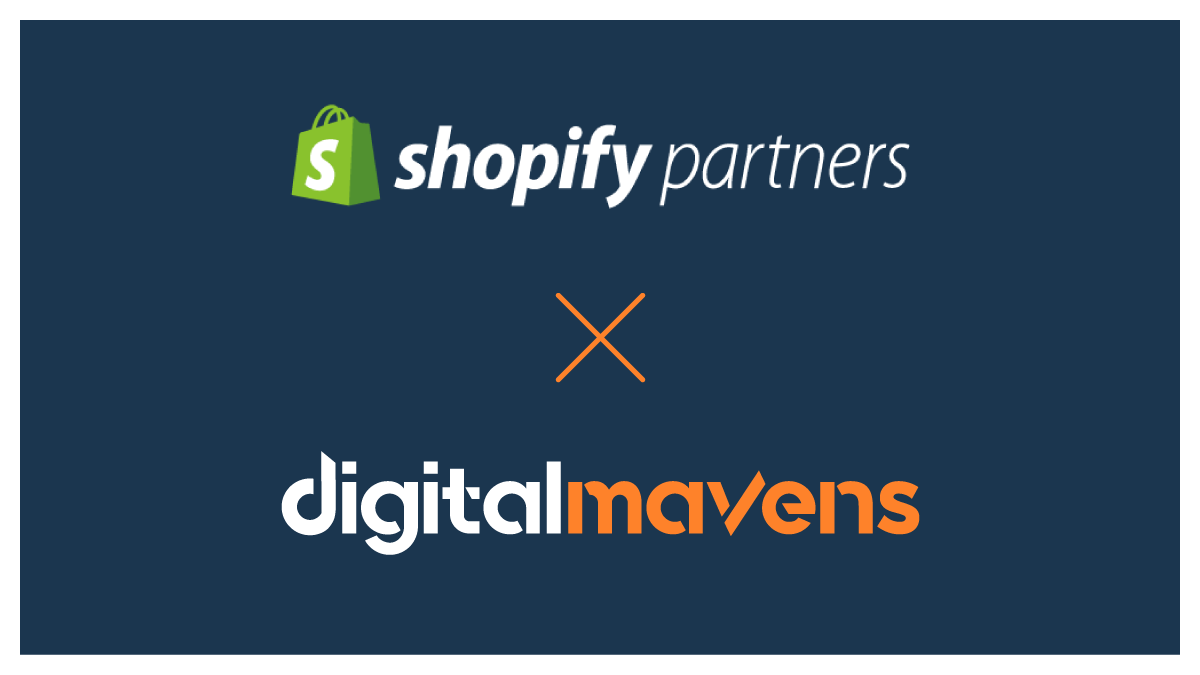In recent weeks, Shopify CEO Tobias Lütke shared an internal company memo publicly, outlining how the ecommerce platform is embedding artificial intelligence (AI) across its operations. While Shopify is widely recognised as a leader in ecommerce infrastructure, this development offers broader lessons for business leaders well beyond the retail or technology sectors.
Rather than treating AI as an exploratory tool or an emerging trend, Shopify is taking a clear position: AI is becoming a foundational capability. The company’s approach reflects a shift from experimentation to operational integration.
Lütke’s message to his organisation sets a new baseline for how businesses might approach AI adoption. Key directives from the memo include:
As Lütke puts it:
“It’s not feasible to opt out of learning the skill of applying AI to your craft.”
This reframes AI not as a specialist function or tool, but as an organisation-wide capability, akin to digital literacy or data fluency.
Working with Australian organisations across different sectors, it’s clear that many are still in the early stages of considering how AI fits into their business. While interest is growing, adoption often remains cautious — typically limited to staff trying ChatGPT, Microsoft Copilot, Claude or a pilot project confined to technical teams.
In contrast, companies like Shopify are approaching AI as a systemic change. This divergence is worth noting, particularly as the maturity gap between early adopters and conservative movers continues to widen.
Organisations that are progressing beyond the exploratory phase are beginning to:
While these changes are still emerging, they suggest a direction of travel that others may wish to observe — or risk falling behind.
The central question for most organisations is no longer whether to engage with AI. That threshold has largely passed. The more useful question now is:
“To what extent — and with what level of effectiveness — are we applying AI across our business?”
AI’s value lies not simply in automation or cost reduction, but in enhancing decision-making, accelerating workflows, and improving customer and employee experiences. The opportunity is not to become an “AI business,” but rather to enhance your existing business capabilities and operation through AI-enablement.
For businesses seeking a structured path forward, the following three actions can serve as a starting point:
Incorporate AI readiness and capability into executive and boardroom discussions. Establish clear ownership and accountability for evaluating its business impact. Lead from the top down.
Focus initial efforts on team leaders and managers. Equip them with the confidence and frameworks to identify where AI can assist with routine, repetitive, or information-heavy tasks.
Create a set of guidelines that allow teams to test AI applications safely, with considerations for data privacy, governance, and workflow integration. Capture learnings and build a central knowledge base of what works.
Once foundational steps are in place, the focus can shift to scaling: auditing processes, assigning internal champions, improving data accessibility, and embedding AI into cross-functional strategies.
Shopify’s approach provides a useful reference point — not necessarily to replicate, but to consider. Their internal mandate reinforces the idea that AI adoption is not a single project or tool, but a longer-term capability-building process.
For Australian businesses that wish to remain resilient and competitive, the time to act is now, not in the future.
At the Digital Mavens, we work with businesses to identify practical AI use cases, design pilot programs, and upskill internal teams. Whether you’re starting from scratch or refining your approach, we can help shape the next step. Check out our AI Implementation services or AI Agent capabilities. Or take a look at two AI solutions we have created: Corporate Policy AI Agent and AI-Powered Tenders and Pricing Portal.
To explore how AI could improve your business, let’s talk. Contact our Chief Maven Kingston Lee-Young today.


